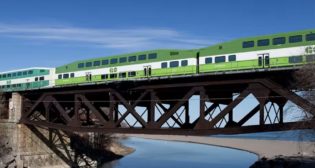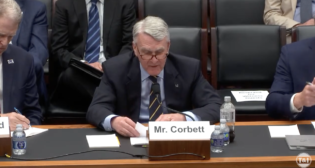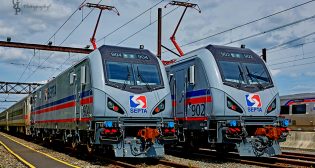
Transit Briefs: MBTA, TEXRail, TTC, WMATA
Written by Marybeth Luczak, Executive Editor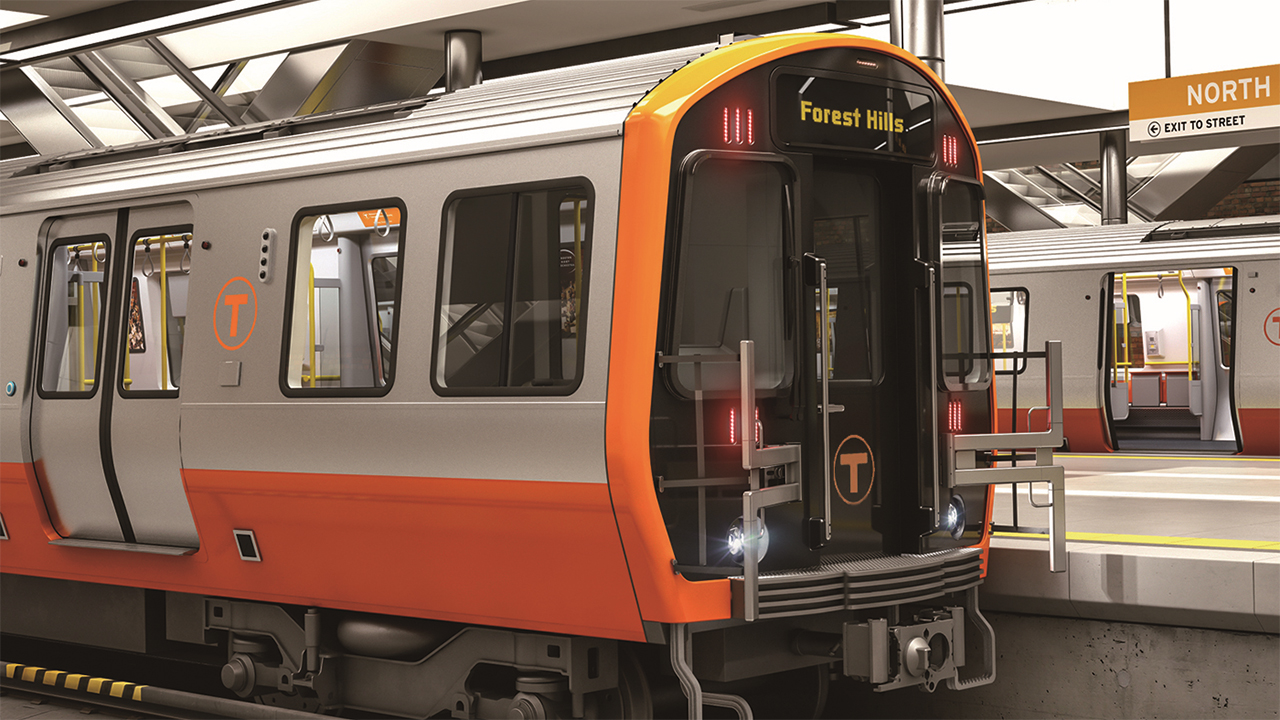
Some older Orange Line cars may return to service, after MBTA pulled newer cars due to a power cable failure, according to a Jan. 7 Boston.com report.
Massachusetts Bay Transportation Authority (MBTA) considers reinstating old Orange Line cars. Also, TEXRail celebrates four years of commuter service between Fort Worth and DFW Airport in Texas; Toronto Transit Commission (TTC) Board approves 2023 operating and capital budgets; and Washington Metropolitan Area Transit Authority (WMATA) advances its $179 million project to replace 130 escalators across 32 stations by 2028.
Boston.com on Jan. 7 reported that some older Orange Line cars may return to service, after MBTA pulled newer cars due to a power-cable failure.
Since then, Boston.com reported, there have been transit delays of up to 15 minutes.
Via Twitter on Jan. 7, MBTA told riders: “We replaced the power cable on all affected cars. We’re running up to 9 trains & working to get back to 10 as we continue weekly inspections to determine the issue’s root cause. We’re also developing a backup plan using some older cars temporarily if needed.”
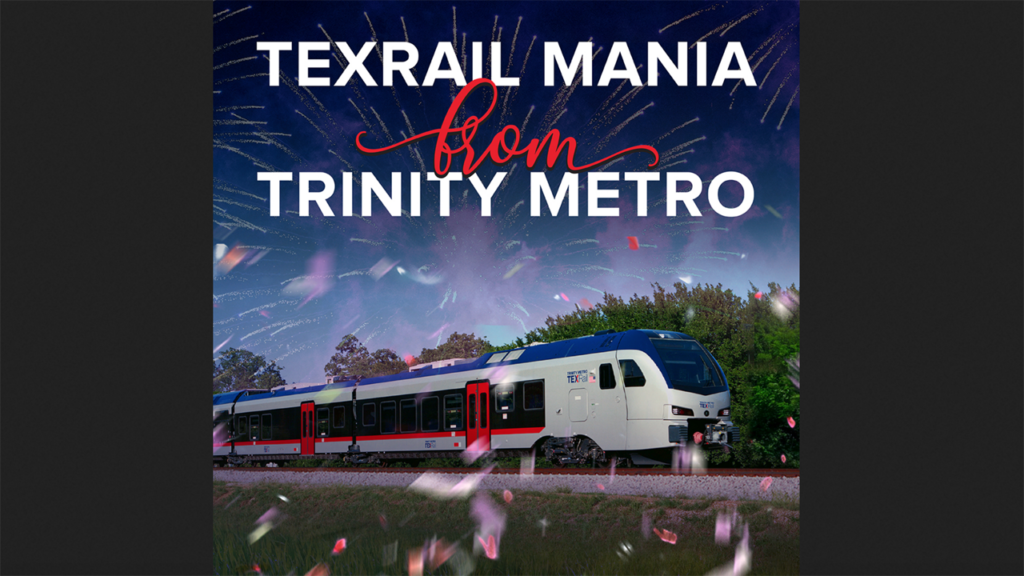
TEXRail on Jan. 10 celebrated its fourth anniversary, offering free rides through Jan. 16 on the 27-mile commuter rail line.
To mark the anniversary, staff from owner and operator Trinity Metro handed out “goody bags” during peak commuting hours (7:30 a.m.-9:30 a.m.) at Fort Worth Central Station, North Richland Hills/Iron Horse Station and Grapevine/Main Street Station, where there was also live music.
“This is a tremendous time to come out and ride the rails,” said Richard Andreski, who became President and CEO of Trinity Metro in June 2022. “TEXRail ridership is growing every month, and this is the perfect time for anyone who hasn’t ridden yet to come out and give it a try. With free rides throughout the Martin Luther King Jr. Day weekend, everyone will have a full week to ride TEXRail for free.”
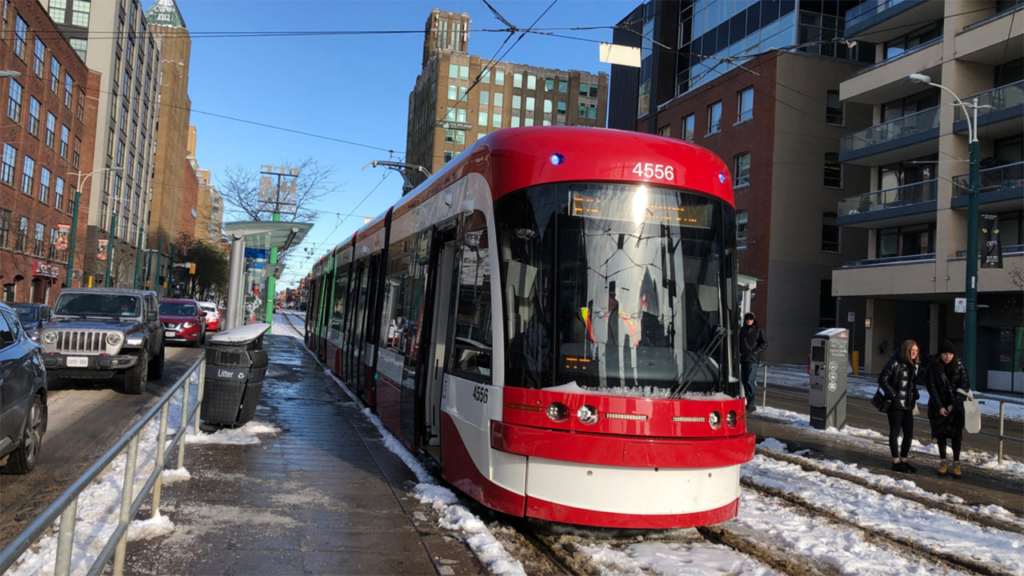
TTC on Jan. 9 reported that the Board has approved the operating and capital budgets for the coming year. The proposed 2023 operating budget was released Jan. 4.
According to TTC, the Board approved a CAD10-cent fare increase, starting April 3, on single cash and PRESTO rides while freezing fares for seniors, Fair Pass program users, and those with PRESTO monthly and annual passes. Revenue from this fare increase, in addition to the city of Toronto’s proposed CAD$958.7 million subsidy to TTC, “will go toward ensuring the system is reliable, safe and accessible for all Torontonians,” the Commission said. The CAD$2.38 billion combined operating budgets for conventional and Wheel-Trans services include:
- More than CAD$4 million for safety, security and cleanliness. This includes hiring 10 additional Streets to Homes outreach workers, adding 25 new Transit Special Constable positions and filling 25 vacant positions, and introducing enhanced daily streetcar cleaning.
- Nearly CAD$3 million dedicated to service improvements in routes serving Neighborhood Improvement Areas and expansion of the Fair Pass Program to an additional 50,000 lower income Torontonians.
- Almost CAD$43 million for the opening of Line 5 Eglinton-Crosstown and Line 6 Finch West, and the bus replacement of Line 3 Scarborough RT.
According to TTC, this year’s share of the CAD$12.5 billion 2023-32 capital budget plan is approximately CAD$1.34 billion, comprising CAD$800 million for infrastructure and state of good repair projects, CAD$455 million for vehicle purchases and overhauls, and CAD$88 million for transit expansion-related work.
The capital budget report also updates both TTC’s 15-year, CAD$38 billion Capital Investment Plan and Real Estate Investment Plan, the Commission reported. TTC said highlights of its 2022-31 Capital Budget and Plan include:
- “Funding for essential safety and state of good repair capital work to ensure safety and reliability of our system.
- “Funding to meet legislative requirements related to full accessibility of the system by 2025.
- “Advancing delivery of the fleet procurement strategy for the procurement of 60 streetcars, hundreds of hybrid and battery-electric buses and 70 Wheel-Trans vehicles.
- “Continuing work on three major capacity improvement projects (Bloor-Yonge, Line 1 and Line 2).”
TTC said the budget now goes to the city of Toronto for final approval by the Council in the coming weeks.
“The 2023 budget approved today [Jan. 9] gives us the ability to meet the needs of our customers,” TTC Chair Jon Burnside said. “This budget balances our need to deliver safe service while managing lower revenues and increased operating costs associated with inflation and new transit lines. I want to thank the TTC staff for preparing this budget.”
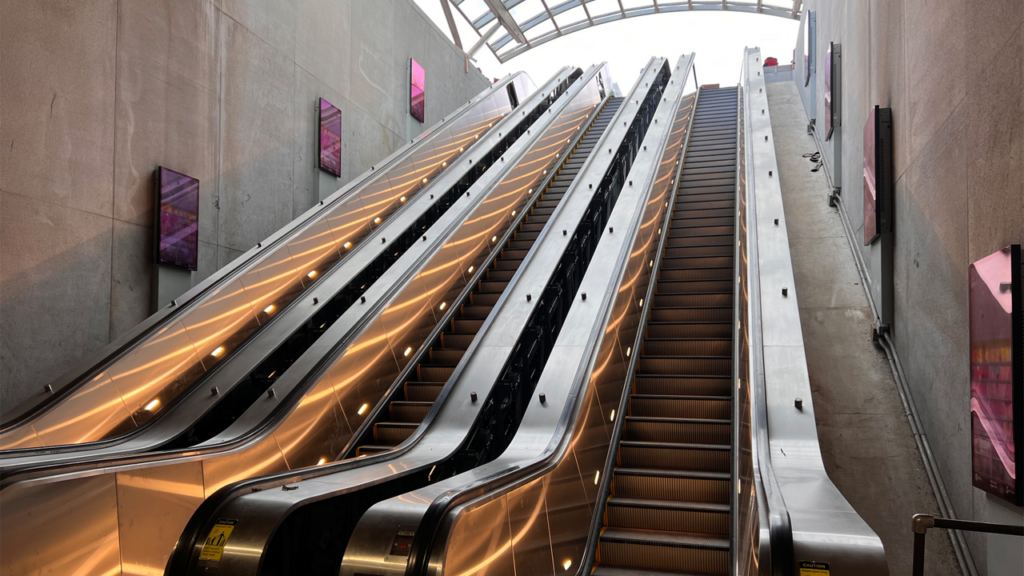
On Jan. 9, three new escalators were up and running at L’Enfant Plaza Station in Washington, D.C., following eight months of construction that closed the north entrance at Maryland Avenue and 7th Street SW, WMATA reported. The project, which replaced 39-year-old escalators, provides “better, more reliable escalators for customers and includes the latest safety features and LED lighting,” according to the Authority. Kone was the contractor.
The completion of these escalators is part of WMATA’s seven-year, $179 million project to replace 130 of its 643 escalators by 2028, and brings the number of escalators replaced in the past two years to 39. Work is slated to begin next year on the replacement of the remaining six escalators at L’Enfant Plaza’s two other entrances.
WMATA said it is currently replacing 11 escalators at eight other stations—Ballston, Metro Center, Potomac, Rockville, Silver Spring, Takoma, Tenleytown, and Union Station—with construction beginning at Farragut North during the week of Jan. 8.
According to WMATA, the project continues its efforts “to improve escalator availability and provide customers with a better experience from the street to the platform, on trains, buses and in stations.”

